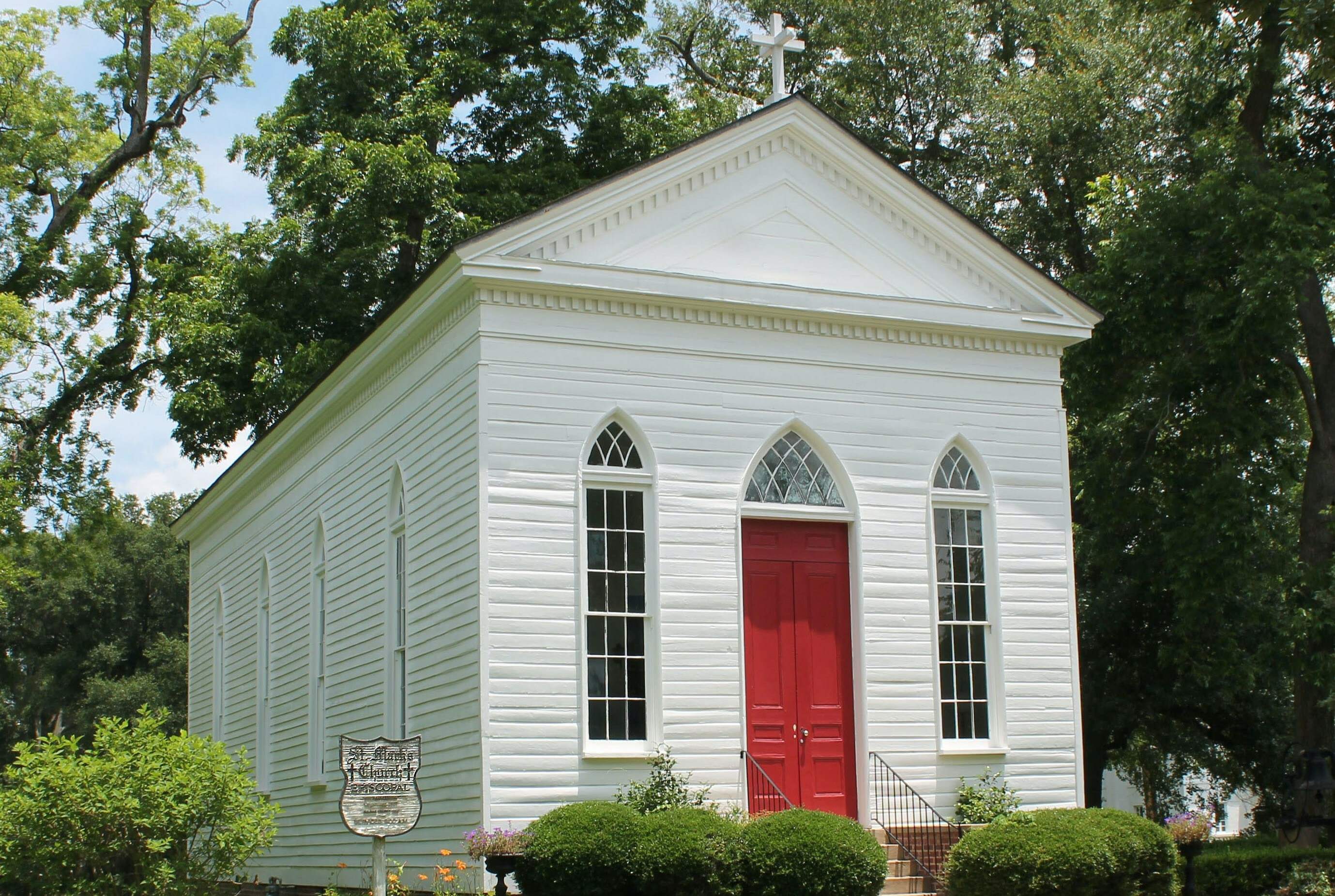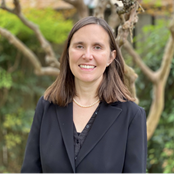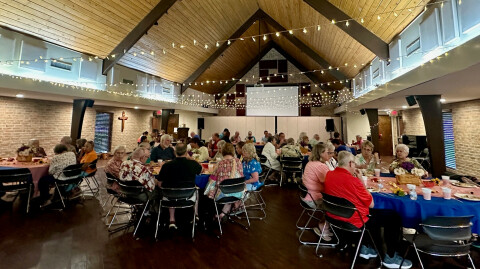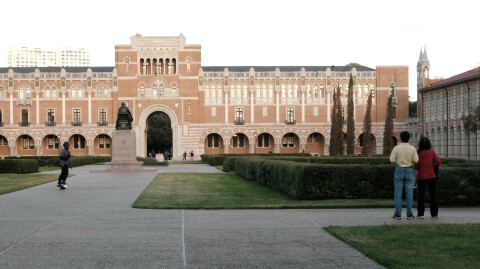TLDR: Looking at our personal history and the history of our church can enrich our celebration of our nation’s history.1
A few weeks ago, I spoke about Juneteenth. It is an important holiday, as is the Fourth of July Holiday. My paternal family always made a big deal out of July 4, my father and aunt both worked for General Motors and had the week off work. So, we would trudge up to the tiny town of Marinette, Wisconsin and go boating and tubing (not the Texas kind). It was a joyous time of celebration.
Now that I have matured (I am like a good wine, I only get better with age), I think of the Fourth of July for more reasons. In honor of the holiday this year I read a book about the History of the American Prayer Book and reminded myself of how we as a church have changed. Yes, July Fourth was the day that we signed our Declaration of Independence, it was also the beginning of a journey for America. We had to learn who we are as a group of people and what we believed. As Episcopalians, this celebration of independence is significant, because we were no longer the Church of England, we would become Episcopalians.
We had to learn what exactly that meant for us as a church and how we would have bishops who were not loyal to the English King. It was years later, in 1789, that we had our first Book of Common Prayer. This book was not modeled after the English Prayer Book, rather off the Scottish Prayer Book. We identified at this early time that we were not a people who held a monarchy at the head of our government.
Part of the formation of America occurred because people wanted religious freedom. Particularly at the beginning of the settlement of the colonies many people believed in a more puritan form of worship meaning that the altar was not the central point of focus; instead it was the pulpit. Growing up, our church worshiped in the round, with the altar was in the middle with the pulpit by one of the doors. Now, the idea of anything other than the altar being the center makes me uncomfortable, because I place a very high value on the sacrament of the Eucharist.
Looking back at 1789, many people did not attend Episcopal Churches and much of our clergy had returned to England. The church that was left somewhat floundering and needed to form an identity. Eventually, they did. Now, the Episcopal Church continues moving forward. It is not the same church it was in 1789 or 1889 or 1989, and nor that will exist in 2089 (when I hope to be very dead). Our church today is smaller than it was twenty years ago and larger than it was at the end of a revolution. We have room to grow and adaptations to make in our way of worship. Also, we have a great tradition to hold onto: our prayer book that was formed in 1789 brought back the Nicene Creed, Trinity Sunday, and held us accountable for being too Catholic. These are good things to remember.
My prayer for you during this month of celebrating our country is to look at our Book of Common Prayer and find meaning in our past faith and inspiration for our future tradition.
I will close with the Thanksgiving for the Nation:2
Almighty God, giver of all good things: We thank you for the natural majesty and beauty of this land. They restore us, though we often destroy them.
Heal us.
We thank you for the great resources of this nation. They make us rich, though we often exploit them.
Forgive us.
We thank you for the men and women We thank you for the men and women who have made this country strong. They are models for us, though we often fall short of them.
Inspire us.
We thank you for the torch of liberty which has been lit in this land. It has drawn people from every nation, though we have often hidden from its light.
Enlighten us.
We thank you for the faith we have inherited in all its rich variety. It sustains our life, though we have been faithless again and again.
Renew us.
Help us, O Lord, to finish the good work here begun. Strengthen our efforts to blot out ignorance and prejudice, and to abolish poverty and crime. And hasten the day when all our people, with many voices in one united chorus, will glorify your holy Name. Amen.
Blessings,
Mtr. Beth Anne Nelson +
1 Much of this blog was influenced by Stuhlman, B.D. (1988). Eucharistic Celebrations 1789-1979. New York: Church Hymnal Corporation.
2 The Book of Common Prayer (1979) pp.838-839





